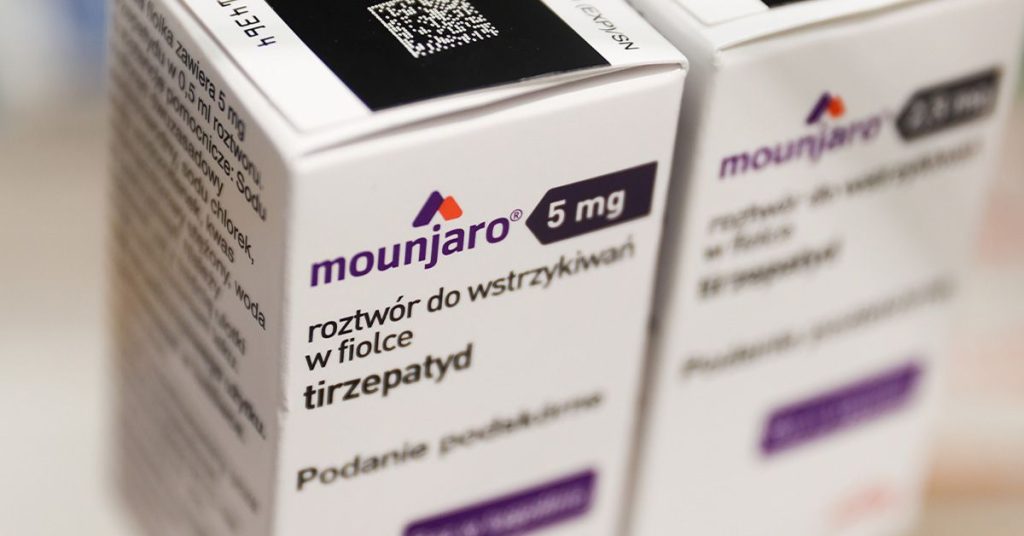A recent clinical trial conducted by Eli Lilly found that the medications Zepbound and Mounjaro, which contain the main ingredient tirzepatide, improved symptoms of obstructive sleep apnea in participants. The trial included individuals with obesity and obstructive sleep apnea who were either unable or unwilling to use positive airway pressure (PAP) therapy. Participants who received tirzepatide injections experienced a significant reduction in the apnea-hypopnea index compared to those taking a placebo. Additionally, about 20% of participants experienced weight loss while taking tirzepatide. This is significant as obstructive sleep apnea is a comorbidity of obesity, with the condition affecting around 70% of individuals with obesity.
Obesity is a prevalent global issue, affecting over 1 billion people worldwide. The findings from the phase 3 clinical trial with tirzepatide suggest promising results in reducing symptom severity in adults with obesity and obstructive sleep apnea. The results have yet to be published in a peer-reviewed scientific journal, but the data from the SURMOUNT-OSA clinical trials demonstrate the potential of tirzepatide in improving obstructive sleep apnea symptoms. The trial included participants from multiple countries who either were not using or planned to continue using PAP therapy. Participants who took tirzepatide experienced a reduction in the apnea-hypopnea index and reported weight loss.
Obstructive sleep apnea can have a significant impact on a person’s quality of life, leading to difficulties in getting a good night’s sleep. The condition is often associated with excess fat deposits in the airways, which can obstruct the airway and cause breathing difficulties during sleep. Furthermore, obstructive sleep apnea can increase the risk of various health issues such as heart disease, strokes, high blood pressure, and daytime fatigue. Research shows that low oxygen levels during sleep can lead to serious health complications and negatively affect overall well-being.
The results of the clinical trial align with previous studies showing that weight loss can improve obstructive sleep apnea symptoms. Medical experts not involved in the trial note that weight loss, whether through medication or surgical interventions, can have a positive impact on reducing symptoms of obstructive sleep apnea. They emphasize the importance of finding effective treatment options for individuals with obesity and obstructive sleep apnea to address the increasing prevalence of both conditions globally.
Further research is needed to explore the long-term effects of tirzepatide on obstructive sleep apnea symptoms and weight loss compared to other treatment methods. It is important to gather more data on the selection process for study participants and examine the response of different ethnic groups to the medication. Additionally, research should focus on demonstrating the effectiveness of obesity treatments in reducing overall healthcare spending and improving access to weight reduction therapies through coverage by Medicare and insurance companies. Continued efforts to address obesity and obstructive sleep apnea are essential in improving the quality of life for affected individuals and reducing the prevalence of these conditions worldwide.


